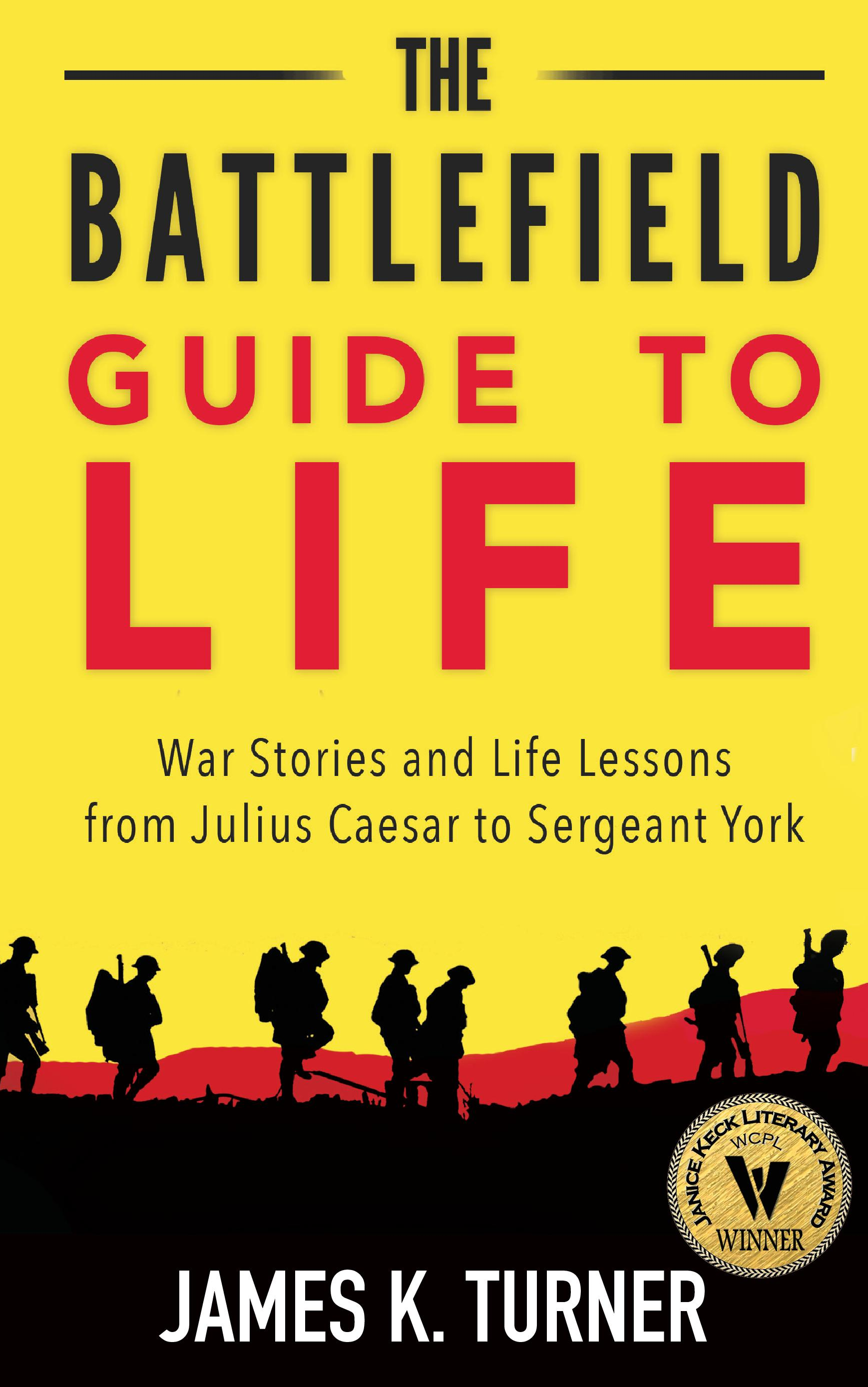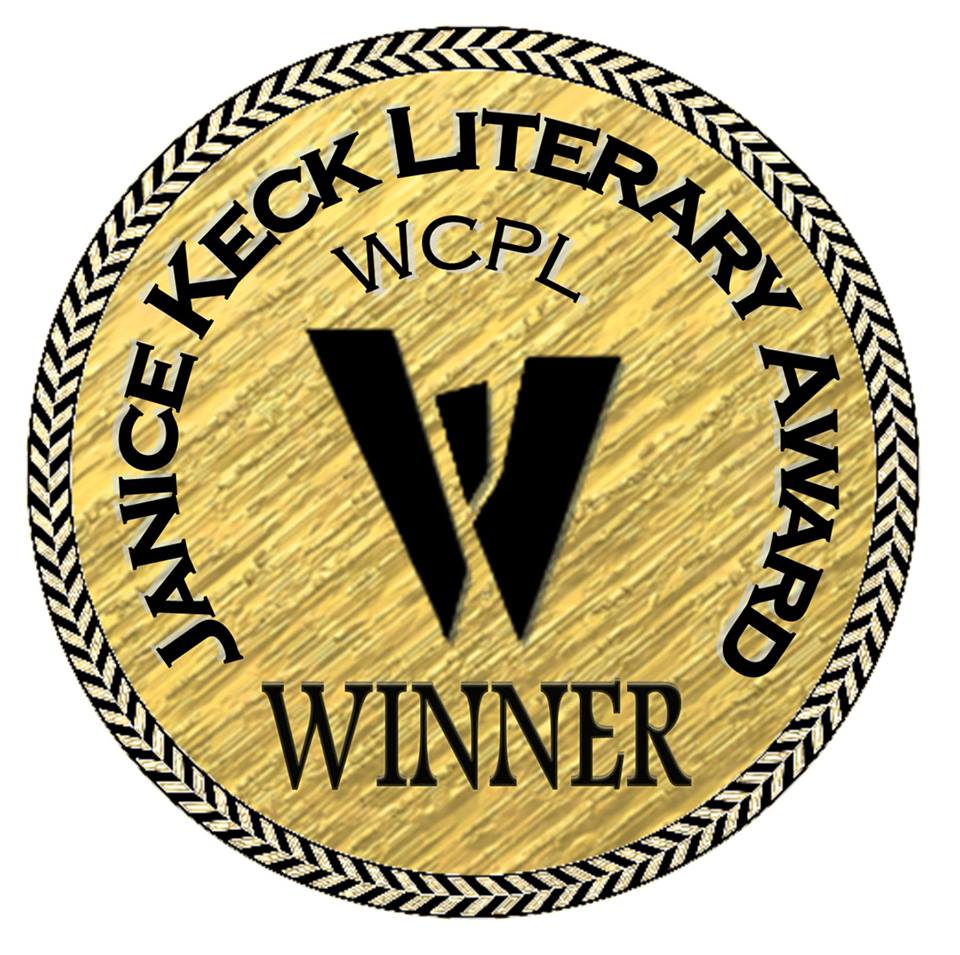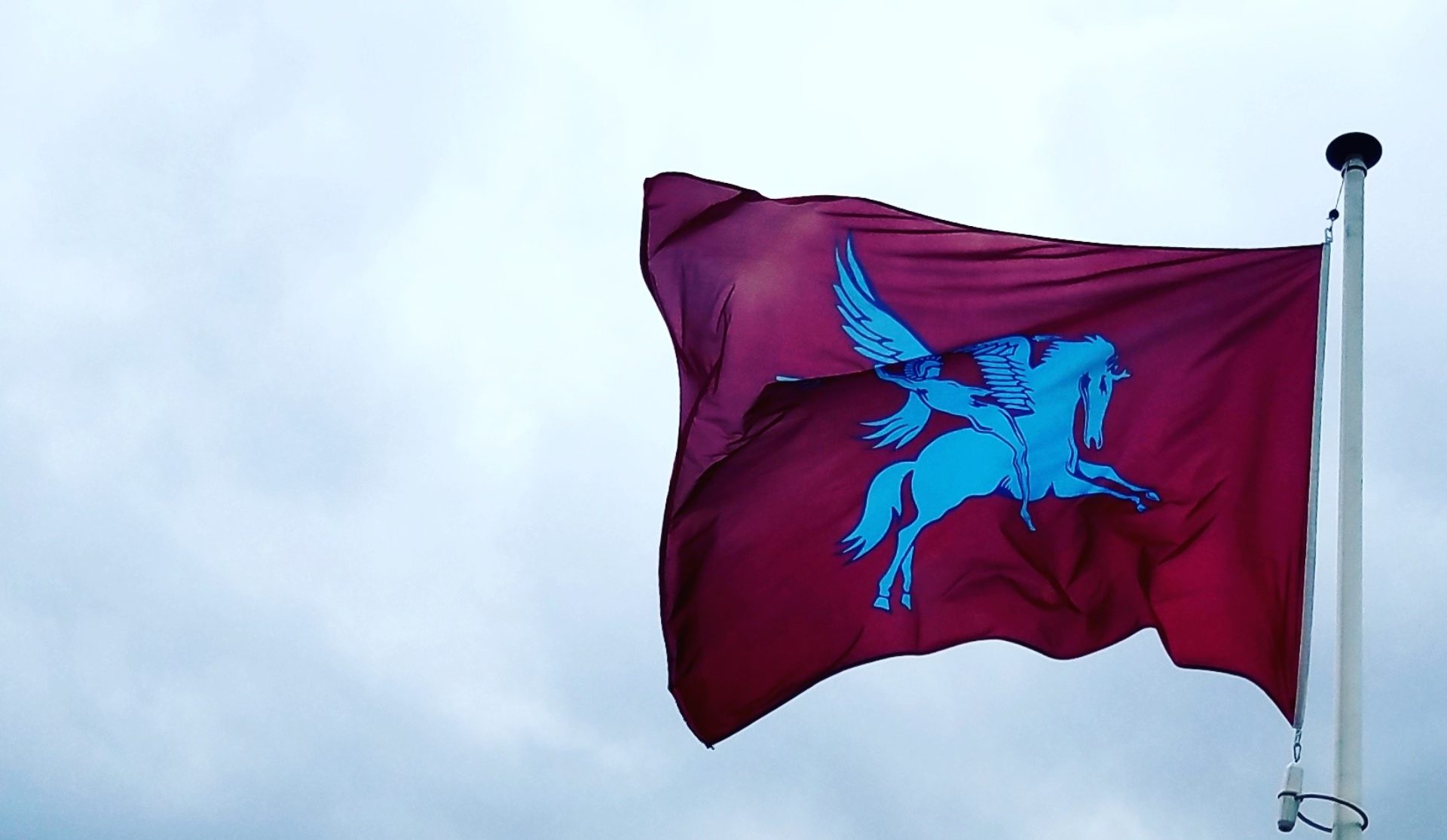
The book, in plain English.
Near the end of the movie The Outlaw Josey Wales, Clint Eastwood's character is asking the natives for permission to stay on their land. He doesn't have much to offer, and Chief Ten Bears says to him, "These things you say we will have, we already have." Josey Wales replies, "That's true. I ain't promising you nothing extra."
In some ways I feel the same. While I'd love to have you believe that you'll read this book and suddenly have a great awakening, the reality is that the lessons in this book are ones you should already know. What I'm offering is a different perspective, perhaps a better way to remember what your best tactic or action might be. The stories are all true, both my own and the battlefield histories, and I worked hard to make them as interesting as they are relevant. The battles and historical figures in this book are important, and I hope that I have given them all the dignity that they deserve. I once had a history professor who said that in military history we usually take sides, then do our best to disguise that we are partisan. I have done my best to remain impartial, though you may guess my favorites. My primary goal, as a writer and historian, was to make the stories accurate and compelling. I think you'll like them, and I'd love to hear back from you when you've read the book.
What is The Battlefield Guide to Life?
The Battlefield Guide to Life is a self-improvement trip into the past, where you will witness decisions and events that parallel those in your own life. Historian James Turner offers up advice based on what he’s learned during his years of traveling to some of the world’s most interesting battlefields, and how those lessons can positively affect your life.
Hear the stories of Julius Caesar and his ability to adapt in Gaul, Bonnie Prince Charlie and the price of indecision at Culloden, Colonel Travis who would never surrender the Alamo, and the Flemish guildsmen who proved at Kortrijk that the underdog always has a fighting chance. Let Henry V motivate you at Agincourt, Joshua Chamberlain inspire you at Appomattox, and Richard III caution you as he goes down swinging at Bosworth Field.
Those who don’t learn from history are bound to repeat it, and that’s not a bad thing if you understand that history is simply a series of lessons on human nature. Life is a battlefield, and the key to victory is understanding yourself.

Battlefield Guide to Life - Chapter Excerpts
"It takes courage to grow up and become who you really are."
E.E. Cummings
Be Yourself
My kids came home from school in their normal fashion: happy and hungry. As usual, they grabbed a snack from the pantry, got Snoopy ready for his walk, and headed out the door with me. It was a nice fall day and we all had a little spring in our steps. Our afternoon walk is, almost always, the best part of my day.
A few years ago, I got a bit of advice. When your kids get home from school, a great conversation starter is to ask what they did that was most fun that day. That turned out to be a great recommendation and usually helped us transition into other things like what they're studying, who their friends are, any problems with grades—anything really.
Cal offered an incredible and excited rendition of the games he had played at recess with his buddies, and how they were an assassin team that was "totally boss." Every kid had his own level of expertise, but there were no superpowers involved. At eight-years-old you apparently don't need superpowers any more. I was good with that, and loved his description of how his team saved the day with their extraordinary abilities at running, jumping, outsmarting, and so forth.
At 11, Ella was a little more restrained discussing her day, but had a couple questions about social studies and whether it would be OK if she went to the Bulldog Bonfire fundraiser. She'd pay for the ticket herself if I'd just say yes. Sure, not a problem.
Then, Cal quietly told me that he had something else he wanted to talk about. He was bothered about something and wanted me to listen. He said that there was an assignment that day at school and that he was supposed to write a goal that he had. For his answer, he told me, he had written, "My goal is to be me." The problem was then revealed: The counselor had collected his paper, handed it back, and told him to put down a "real goal."
***
The Battle of Kortrijk — 1302
"Be yourself. Everyone else is already taken."
Oscar Wilde
When it comes down to it, you're really the best judge as to what you can do and what you want to do. You should approach your life with that understanding. It's truly a strength to understand where you excel and to be able to maintain that as a focus. At the 2016 Olympics, following a defeat in a soccer match, the U.S. goalkeeper called her opponents "cowards" because they played the game that favored their style of play. Her words reflected the pain of defeat, but they also showed the limits of her understanding of the loss.
In contrast to that soccer game, the battlefields of history offer several examples of armies falling to defeat because they tried to fight in the manner of their opponents. But one of the most interesting battles in European history gave victory to the side that tried something innovative for the time: fighting with its own character in mind. In life you have to be yourself and go to your strengths. Do what you enjoy and play the game of life as you like. You'll be happier and more successful than you've ever imagined.
***
Pieter stood at the ready, as he had for quite some time, awaiting the attack. He was to the front of the lines, and though nothing more than part of a citizen militia, he felt a certain sense of security. To his left, and not so far away, was the River Leie, protecting against an advance from the north and curving so as to offer further protection from the rear. To his front was a small, muddy stream that could be forded, but which was an impediment to heavy horses. Beyond that, to strengthen their position, his army had also dug ditches and pits, many disguised or hidden, in the hope that they might also serve to slow the advance of the enemy. Around him were other men of Flanders and, though most were not soldiers, they had trained extensively and felt they would be able to stand firm against the invaders. Their weapon of choice was the goedendag: a long club with substantial weight, iron-spiked on its end, and used either as a spear or a heavy mallet which could smash into the skulls of the enemy. The front line consisted of pikemen who would be better equipped to stop any initial push against their massed wall of men. Fluttering across the scene were the flags of the guilds, and Pieter's simple uniform identified him as a weaver, an important and earned vocation. Here stood 9,000 men from all across Flanders, secure only in the knowledge that they had discipline and a camaraderie that must surely prevail this day. Across the brook from them, ready to put down this revolt of commoners, stood the finest that France had to offer. With more than 2,500 knights and 6,000 foot soldiers under the command of Count Robert of Artois, the French were ready to make quick work of this rabble of simple guildsmen. Robert's crossbowmen had begun the battle with a sting of arrows that forced back the advanced archers of the Flemings, and his infantry stepped forward and began to push against the assembled men of Flanders. Pieter knew that the knights were only waiting for their opportunity, but his focus now had to be surviving the professional infantry that was pressing him. To his rear he could hear his own army's bugles sounding the alarm, and his purest hope was that the reserves were coming his direction. He knew that foot soldiers had little chance against knights, especially fighting such as these, but he had to trust his training and his faith in himself, and to fight in his own method. He said a short prayer as the first of the French infantry crossed the brook, but stood his ground and slammed his goedendag into the helmet of the man approaching to his front. He was now a soldier.
It was July of 1302, and the Franco-Flemish War was in its fifth year. Politics and economics were tightly entwined in the County of Flanders. Even though large parts of Flanders were technically under French rule, many of the cities, such as Ghent and Ieper, had become rich in the cloth trades and were governed as though autonomous. In the past some cities had even aligned themselves with the English when that was to their benefit. The Flemish were good customers of English wool, and trade between the two areas was vital to the British and the Flemings. The Low Countries were experiencing incredible growth in trade and population, and the wealth and power centered around some of these cities had created a peculiar system that sometimes created a bit of rivalry between the counts, the burghers, and the guildsmen. While the title of count was one of royalty, the burghers were city officials who often held the real power in the cities. But lately that power was often challenged by the guildsmen. The guilds were associations of tradesmen: weavers, drapers, carpenters, merchants, and so forth. Not only did these guilds create many of the goods, they also policed their own and set and maintained price structures. Beyond that, as prominent citizens, they formed themselves into military units to protect their cities from attack. As one might imagine, these groups and people often had difficulty working together, and there were stresses. While a particular policy might benefit one group, that same policy might severely harm the other.
In normal times these stresses played out with smaller military maneuvers, sometimes city versus city, sometimes purely homegrown treachery. But these were not ordinary times. The French king, Philip the Fair, had designs on much of what we know today as France, and he had a particular interest in the County of Flanders. In response, the Flemish had made an agreement with King Edward I, or "Longshanks," of England. While Edward had an interest in trading with the Flemish, his primary motivation was retaining control of Gascony, which Philip the Fair was claiming.
These were not normal times for the English, either. King Edward was dealing with something even bigger back home: a war with Scotland. William Wallace and his Scotsmen were playing havoc with the English, so Edward accepted a compromise with the French and sailed back home to deal with Wallace, leaving the Flemish to their own protections.
_____________________________________
Copyright © 2018 by James K. Turner
Publisher: Academy Park Press
